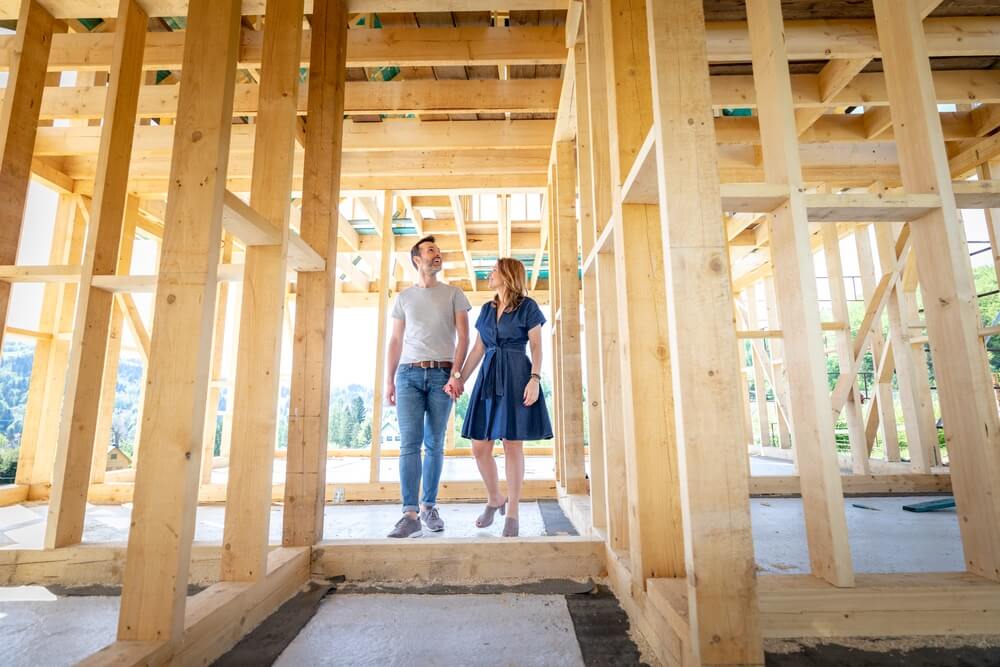Normal
0
false
false
false
EN-GB
X-NONE
X-NONE
MicrosoftInternetExplorer4
/* Style Definitions */
table.MsoNormalTable
{mso-style-name:”Table Normal”;
mso-style-parent:””;
font-size:10.0pt;”Calibri”,”sans-serif”;}
Nearly 1 million (900,000) have tried their hand at major building works, such as loft conversions, and 450,000 have tackled potentially dangerous gas repairs.
According to the LV= survey, many homeowners admitted undertaking these works in an attempt to improve the resale value of their homes. However, the effects of doing these jobs badly can reduce the sale price of a property by more than five per cent in some cases.
John O’Roarke, managing director of LV= home insurance, said: "With house prices falling or stagnating in some parts of the UK, it’s understandable that many homeowners should try to bump up the value of their properties through DIY home improvements.
"But although nine out of 10 people in our survey (88 per cent) recognised that jobs like gas work should only be left to the professionals, nearly 0.5m Brits are still prepared to give it a go. Not only could bungling these jobs be dangerous, and costly to put right, but if they caused a serious problem with the property it could invalidate the home insurance cover."
The LV= report surveyed both homeowners and estate agents, and reveals a myriad of conflicting opinions when it comes to the impact of DIY improvements. A fifth of home owners (21 per cent) believe that redecorating adds the most value to a house, followed by kitchen refurbishment (14 per cent), garden work (12 per cent), and bathroom replacement (6 per cent).
The estate agent survey asked whether agents had seen home improvements done in an attempt to increase home values, with follow up questions to those who had seen different types of work carried out.
Seven out of ten estate agents (69 per cent) who have seen decorating carried out say it will make no difference at all to the asking price of a property. A similar number (64 per cent) say that garden landscaping won’t add value, whilst nearly a quarter (22 per cent) say that even a new kitchen won’t really improve the price. Estate agents also believe that the sale price of a property could decrease by more than five per cent in some cases, if ‘improvement’ work was done poorly.
Despite popular opinion, estate agents say that some of the most costly jobs are likely to have only a minimal impact on the asking price of a home. Those agents who believe that improvement work usually or always adds value say that a new kitchen, if done well, can add around 2.5 per cent to the price on average. A good new bathroom or garden landscaping can each add 2.2 per cent to the value on average.
Structural improvements that are done well, such as a good loft conversion, top the added value list and can boost a property’s price by around eight per cent on average. But whilst a good loft conversion can add value it still doesn’t make good financial sense, as the cost of the work is likely to be higher than the increase in the property’s value.
John O’Roarke continued: "Our research shows that the days of being able to buy a property, do it up yourself on the cheap and then sell it on at a profit, are over. DIY home improvements may cut the initial costs, compared with getting the professionals in, but they might not add any value to the property at all. And sloppy work is likely to reduce the resale price and could even invalidate the home insurance cover."






